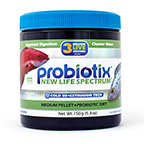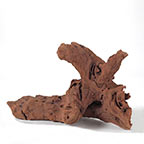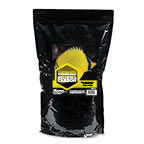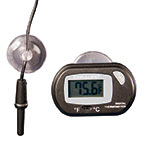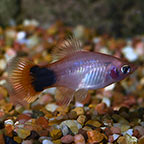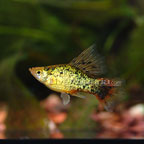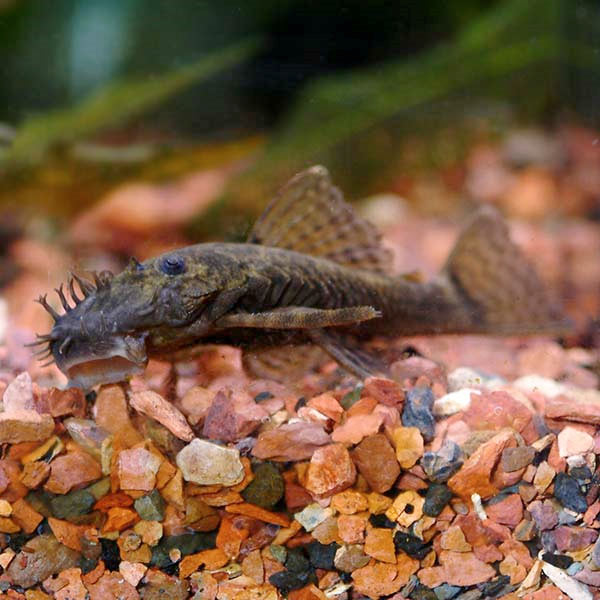
Additional locales and sizes may be available!
Additional locales and sizes may be available! Email me when availableQuick Stats
What do these Quick Stats mean? Click here for more information
What do these Quick Stats mean? Click here for more information
Overview
The Bushy Nose Plecostomus, also known as the Bristlenose Plecostomus, comes from the rivers and tributaries of South America. It is mainly brown, with a mottling of lighter areas. The mouth area and nose are covered in short, whisker-like appendages, which are used for detecting food. There are also many color and fin variations available. Bushy Nose Plecos make good additions to any community aquarium.
Planted aquariums with hearty, fast-growing plants, high aeration, and water movement make for a healthy environment. Rocks and driftwood help to accent a natural habitat and provide hiding spaces to cut down on stress for the Bushy Nose Plecostomus. A recommended minimum tank of 30 gallons should be provided to house this fish.
The Bushy Nose Plecostomus is relatively easy to breed and breeding occurs mostly in the winter months. This Plecostomus can be triggered to breed in the late fall by performing a 75% water change. The eggs are usually deposited on a piece of driftwood where the male will stay to guard them. The fry will become waterborne in approximately 10 days, at which time, they should be removed and raised in a separate aquarium. Feed the fry mashed and peeled peas.
Feeding the Bushy Nose Plecostomus is not difficult due to the fact that it is not a picky eater. Feeding off the bottom of the aquarium, it gets most of its nutrition from left over food and algae. If there is no algae or left over food present, supplement with high quality flake foods, algae wafers and other high quality plant based foods.
Approximate Purchase Size: Small: 1" to 2"; Medium: 2" to 3"



